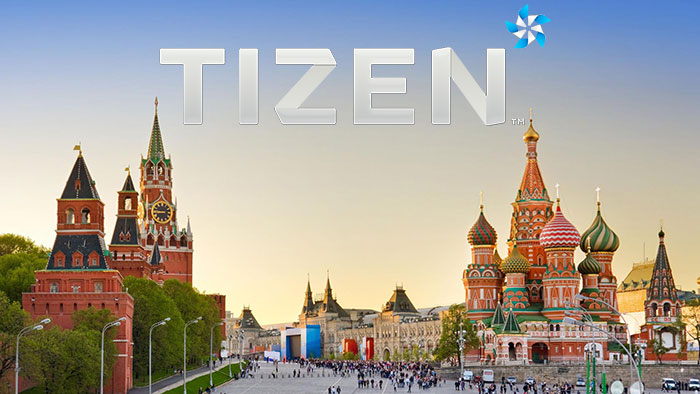According to a Samsung source, the Tizen Operating System could be utilised in all company devices in an effort to cut its heavy reliance on the Android platform. The source, that wished not to be named, confirmed to the Korean herald publication the importance of owning your own ecosystem:
“If you don’t have your own ecosystem, then you will have no future. Tizen isn’t just a platform developed for use with mobile devices,” a senior Samsung Electronics executive said.
Samsung have been using Tizen in its smart cameras, home appliances, and Internet of Things (IoT) strategy, and hope to increase its use and eventually be able to challenge the dominance of Google and Apple’s own ecosystems. Samsung has began its shift toward the business-to-business (B2B) arena from the business-to-consumer (B2C) segment, and therefore it is hoped that we will see a ‘meteoric rise’ in market share.
We have already seen success in Samsung’s Smart TV’s, Home Appliances, Smartwatches, Smartphones, and overall IoT Strategy. The company is said to be using the Indian market as a “litmus test” for the release of its Tizen based Smartphones, currently the Samsung Z1 and Z3. We should see the launch of the Samsung Z2 and potentially Z5 later this year.
“Samsung’s Z-branded Tizen-powered phones are popular with Indian consumers. During the first quarter of this year, Samsung sold about 64 million phones there. This means that Tizen is proving its competitiveness,” said the executive.
The above quoted figure of 64 million seems to be incorrect as the figure is certainly not that high, but still is doing well for an largely unrecognised Smartphone platform. Some have jumped to the conclusion that Samsung will drop Android in favour of Tizen, which is something that Samsung will not do anytime soon. Android has been a significant revenue stream for the company and Tizen is not mature enough to absorb its users, so this will take years to accomplish.
Tizen in Russia
Samsung are also currently promoting Tizen in Russia, as the country requires a secure Operating System, and does not want to rely on either Android or iOS. We have already seen Tizen achieve Security Certification for Russian Government and Corporate use, with the first target Smartphone for the russian market being the Samsung Z3.
“The reason why Samsung is testing Tizen’s stability and usability focusing on mobile phones and wearable devices is that we need to have a correction period as Samsung is in the process of developing Internet of Things (IoT) driven business systems running on Tizen,” the executive said.
The executive also commented that there would be more incentives and support provided to Tizen developers, but declined to provide any further details. During 2016 and beyond Samsung are to ramp up their efforts to attract Tizen developers and jump start the ecosystem.

















